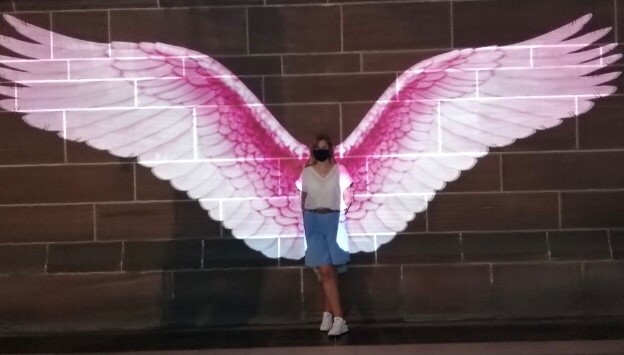How working on the frontline of health, social care and criminal justice affects professional identities, values and ethical practice in arts and cultural organisations.

Research under the Cultural Value and Public Policy research theme at the Institute of Cultural Capital (ICC) explored the cross-sector instrumental value of arts and culture and the role and value of cultural organisations in responding and contributing to key public policy agendas in the UK. As such, research under this theme primarily explored the relative impact and value of different cultural interventions for collaborating organisations and services. Through the process and practice of doing this research, gaps in the evidence base and subsequent cultural policy debates were identified concerning the impact of cross-sector collaboration on the cultural sector itself, including implications for professional identities, values and practices in cultural work. This has also created opportunities to re-engage with earlier research interests on cultural leaders’ motivations to engage with wider social policy agendas and empathy work in the public library sector.
Signature project: Instrumental Values: Professional ethics in collaborative cultural work
The Instrumental Values study (led by Kerry Wilson) was designed therefore to extend the ICC’s research on instrumental cultural value, using professional ethics as a lens through which to develop knowledge and a more nuanced understanding of instrumental cultural work in practice. Funded by the Arts and Humanities Research Council as part of a Leadership Fellowship award and under a ‘public policy’ highlight notice (2017-19), the research more specifically considered ethical dimensions of collaborative practice between museum and library sectors and partner agencies working in two priority public policy areas, including public health and wellbeing and prison education reform. The project explored the transitional efficacy of museum and library sectors’ ethical codes of practice when working in collaborative public policy contexts. Using a qualitative, ethnographic approach, sector-specific case studies were developed focusing on museums working in health and social care settings and prison library services.
With regards to museum professionals, data show a range of ethical implications and concerns including challenges to personally held ideological beliefs; institutional memory and mission in the caring museum; collaborative complexity in the pursuit of true co-production; the impact of emotional labour and the duty of care in ‘virtuous’ cultural work. Similarly for prison library workers, case studies show consistent ethical implications relating to the extent of collaborative complexity in the field and its impact on participants’ emotional resilience; navigation of the prison regime by cultural workers; consequences for emotional labour and care in the field; and the re-negotiation of ethical boundaries and practices.
Further reading
On a Wing and a Prayer: Professional ethics and the prison library (2024)
Emotional Labour and the Culture of Care in Prison Libraries (2020)
Professional Ethics and the Caring Museum (2019)
Cultural Policy, Professional Ethics and the Public Good (2018)
Forging the Frontline: Public policy and communities of cultural practice (2018)
Within These Walls: Prison education reform and the ethical prison library (2017)
The Moral Imperative: Professional ethics and affective cultural work (2017)
Social Policy, Belief and Responsibility in the Arts (2011)
The nature and role of empathy in public librarianship (2009)
Impact of the Non-Inclusive Organisation on the Delivery of Socially Inclusive Public Services (2009)
The public library, exclusion and empathy: a literature review (2008)